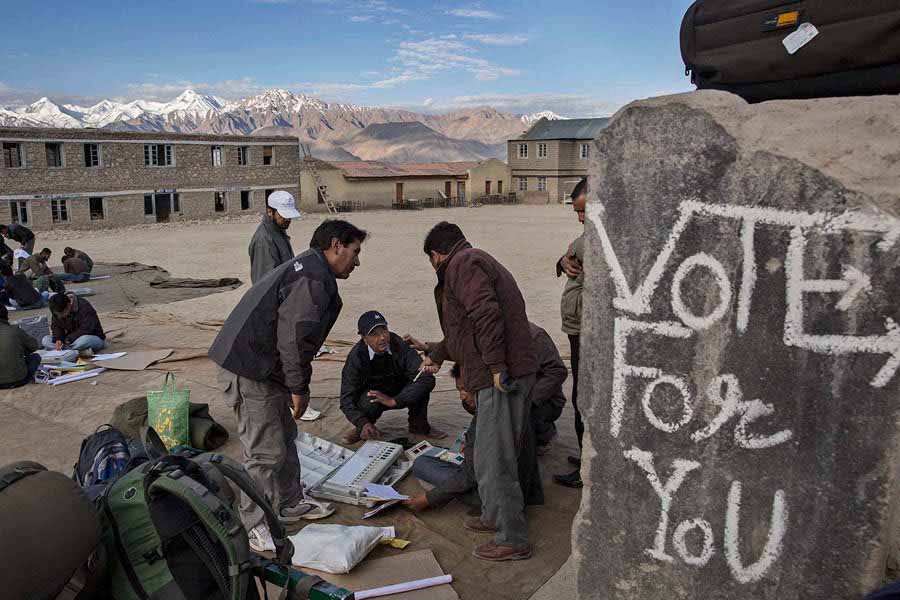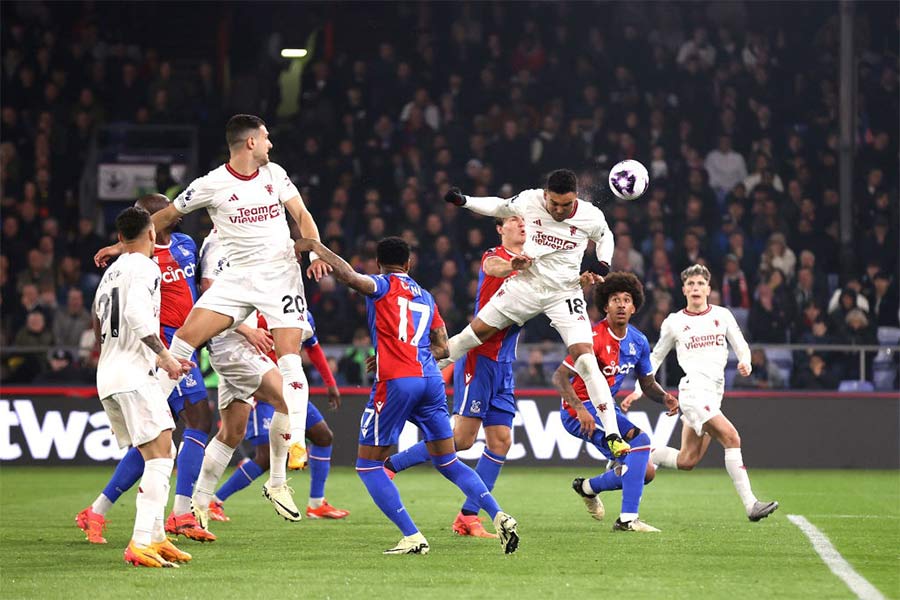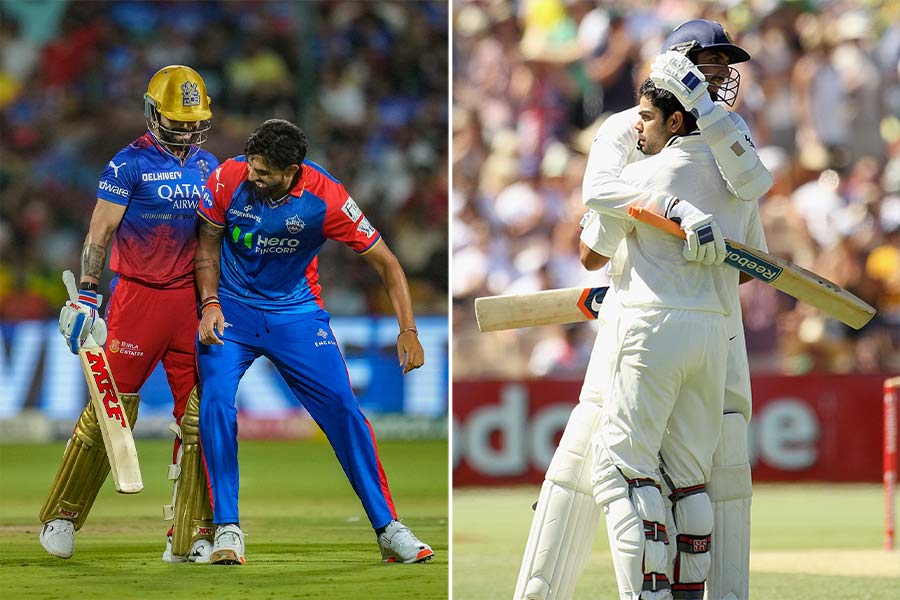I am a huge gulab jamun fan.
Ever since I tried it for the first time at Tewari Sweets near my school, I have cheered for it. I have wanted to have it. Then I tried gulab jamun with Amul vanilla ice-cream, and the world became a better place. Things have never been the same since — in a good way. But a year ago, a restaurant I love took gulab jamun off the menu. I was super annoyed — it was my favourite way to finish a good meal. I had been a patron of the restaurant for years, but I had no say in their decision to exclude gulab jamun. If I was the selector I would have done that? Did the restaurant owners ask the patrons?, I wondered. The decision looked questionable.
Did the Indian selectors choose a bad team for the T20 World Cup? Did the public select rightly or wrongly in the general election? You see where we are going with this, don’t you?
After all, who wants to be left out when we are deciding where to party?
Selecting, electing and the brain
The beauty of sports is that you are allowed to have completely biassed opinions. I watched the India vs Pakistan game in a very diverse demographic setting, and believe me, every person from the other side of the border truly believed that Naseem Shah is the best bowler in the world. Nothing against Naseem — he is a fantastic bowler who troubled the Indian batters even in the last match — but I think Jasprit Bumrah showed who really is the best. In sport, this type of delusion is generally celebrated and biassed fans are held in high regard. Anybody who plays for our favourite team is “one of us” and anyone who is a rival is almost an enemy. Traditional logic is thrown out of the window when sporting emotions are involved. A minor problem is that sometimes selection based on pure unbridled passion also transfers into election.
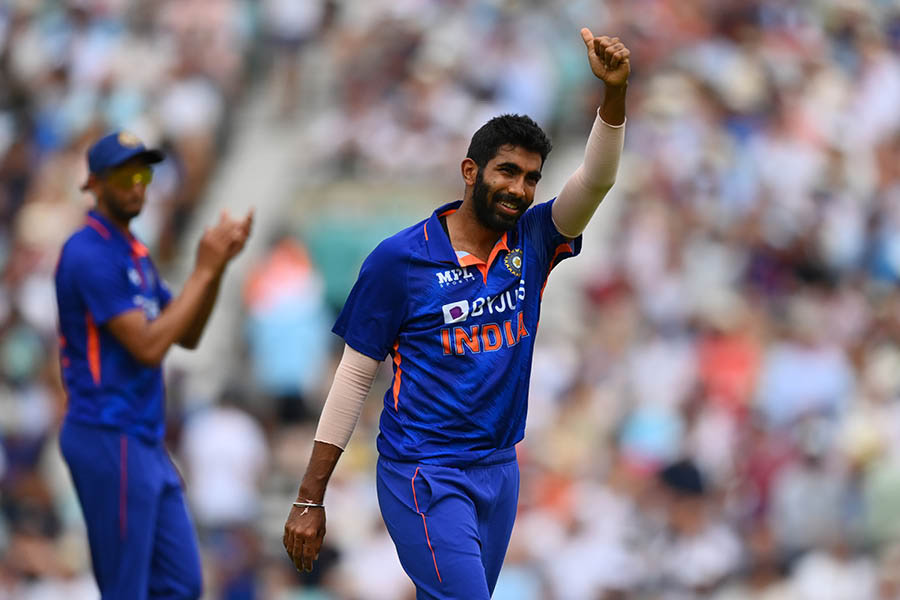
Anybody who plays for our favourite team is ‘one of us’ and anyone who is a rival is almost an enemy Dan Mullan/Getty Images
The difference between selecting and electing comes down to a simple fact. Everyone gets to vote and register their choice for who gets elected. Only a few people who have years of experience do the selecting. A small five-member Indian cricket board panel selected the T20 World Cup team even though most of the 1.4 billion people in the country have divergent views on the matter. In contrast, 642,000,000 people voted in the general election and yet, not everyone is satisfied with the outcome. This is a natural phenomenon. We can rightfully blame our ancestors for this.
Social safety in groups
The social safety theory says that developing and maintaining friendly social bonds is a fundamental organisational principle of human behaviour. This includes choosing a group that is in charge or choosing warriors to represent us. In modern times, it is extended to choosing a group to govern and choosing a team to compete at the World Cup. The human brain feels safer in a group because evolutionarily, situations that led to social conflict, rejection, isolation and exclusion from a group would increase risk of injury. Basically, if you got kicked out of the tribe or your friends’ group, you were likely to die. This is hardwired into the brain. Neuropsychological studies show that anticipatory neural-immune reactivity to social threats is high, meaning the brain and immune system are very sensitive to social threats. This is why we feel horrible when we feel left out.
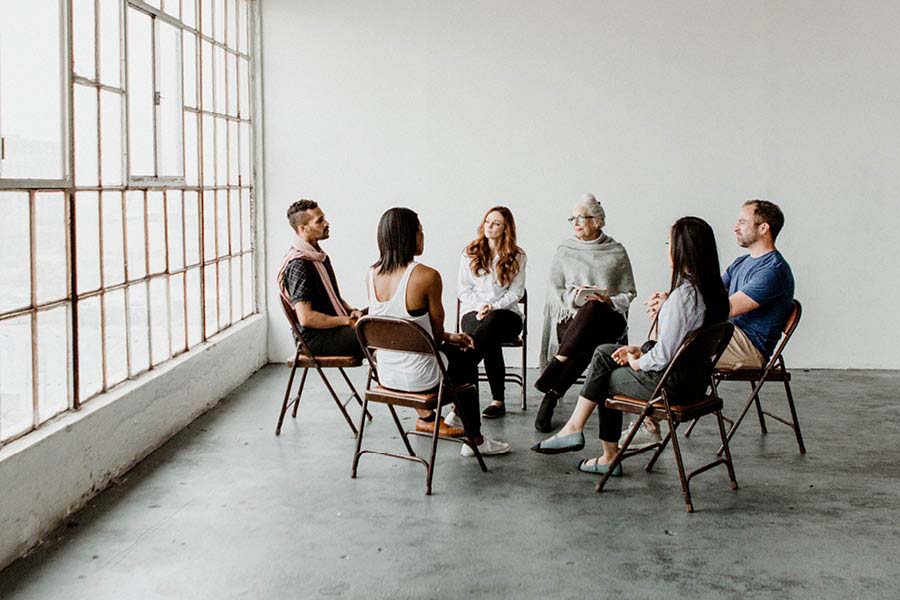
The human brain feels safer in a group because evolutionarily, situations that led to social conflict, rejection, isolation and exclusion from a group would increase risk of injury Shutterstock
At a basic level, when our player does not get selected or our candidate does not get elected, we feel left out, which reduces our level of safety and trust, if we are passionate about the issue. Think of the feeling you would get if your best friend hosted a birthday party and did not invite you and magnify the feeling. Horrible, isn't it? The social safety mechanism gets triggered here, just as it did in the process of electing and selecting. But the error we often make is that we assume that our level of trust with our best friend would extend the same way to the selection of a team or election of a candidate. As soon as the trust goes, so does our ability to understand another’s point of view while maintaining our own.
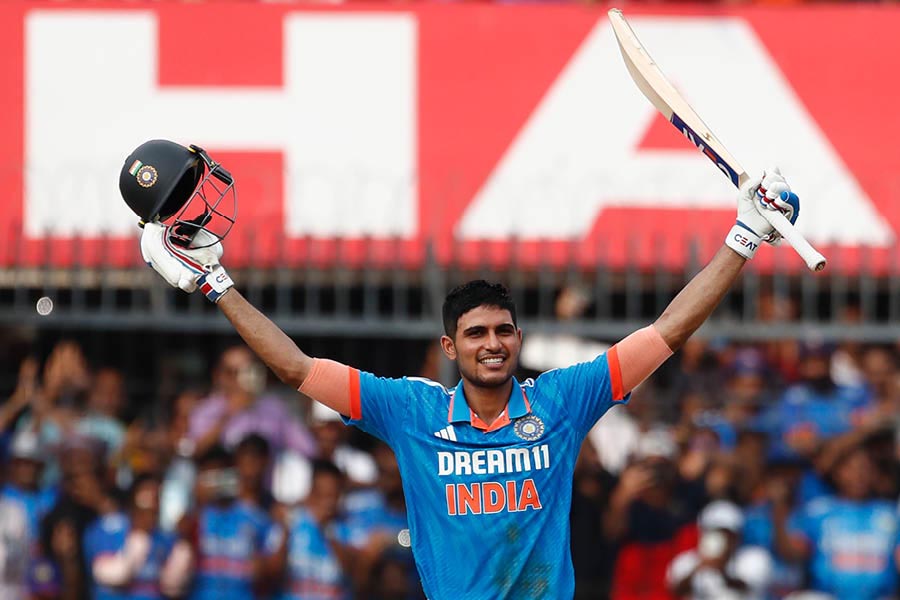
At a basic level, when our player does not get selected or our candidate does not get elected, we feel left out, which reduces our level of safety and trust, if we are passionate about the issue Pankaj Nangia/Getty Images
With everything going on in the world right now, it’s quite easy to feel a social threat. From AI taking jobs to climate change making the Earth inhabitable to wars breaking out right after we lived through a pandemic, it is but a fairly small ask to want your favourite player in the World Cup. And social media allows us to let the world know how we feel when our hopes are dashed. However, with all that’s happening in our world, we have a moral obligation to understand and be informed about why we feel how we feel.
The gulab jamun might be taken off the menu without our vote. But there will always be another menu not too far away where a gulab jamun with vanilla ice-cream will occupy the pride of place.
Dr Sahen Gupta is a Kolkata-born, India- and UK-based psychologist who divides his time between mental health support and high-performance coaching. As the founder of Discovery Sport & Performance Lab, he works not only with Olympians and other top-level sportspersons, but also with CEOs and other professionals striving for excellence. Dr Gupta’s mission is to simplify complexities of the mind into actionable and simple ‘doables’ that allow individuals to be mentally fit.
